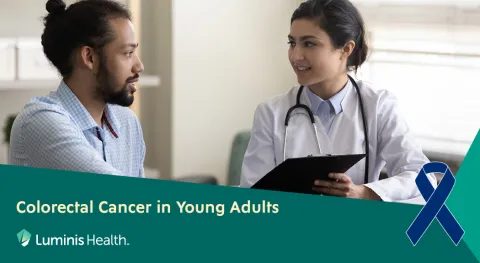
Quitting smoking is one of the most important health decisions you can make. Although we have seen a significant decrease over the past decade in the percent of U.S. adults who smoke, tobacco use continues to have a devastating impact on peoples’ lives. So what is the best way to successfully quit?
Perhaps the first step is to not relegate smoking to a once a year promise. Make quitting tobacco a weekly event until you quit for good. “Healthy Monday Campaigns” encourage you to plan healthy lifestyle changes at the beginning of each week. “Quit and Stay Quit Monday” is a weekly opportunity to keep at your ‘quit attempt’ until you successfully quit for good!
Take our pledge to love your lungs, and be entered to win a $50 Visa gift card!
There are several ways to prepare for your quit attempt. Here are some steps you can take to get ready:
Get ready mentally. Think about your most important reason(s) for quitting. What will drive you to stick to your resolution, even when the going gets tough?
Prepare your environment. Take a look around and note what triggers you, or reminds you to smoke? Getting rid of ash trays, lighters and any remaining cigarettes is a first step. Where do you routinely smoke? What can you change about those areas and routines that go along with smoking?
Have tools in place to keep you at ease. This might include readily available healthy snacks, sugarless gum or cinnamon sticks. Such items, along with over-the-counter and/or prescription medication, will go a long way to keep you on track.
There are seven FDA-approved medications to help you quit tobacco. They include Chantix (varenicline), Zyban (bupropion), and five nicotine replacements: the “inhaler” and nasal spray (both are prescription), as well as the nicotine patch, gum and lozenge. Medication or a combination of medications can be invaluable in a successful quit attempt.
You may be questioning whether Electronic Nicotine Delivery Devices, or ENDDs, are a safe approach to quitting smoking. ENDDs are battery-operated devices that deliver nicotine. They include ‘e-cigarettes,’ vapes, mods and e-hookahs. Instead of smoke from burning tobacco, ENDDs give off vapor from the liquid (e-juice) in the device. In addition to nicotine, the liquid contains flavorings and other chemicals that are not completely harmless. These devices have been around for several years, but have recently gained popularity as an alternative to smoking and another potential tool for quitting.
The most current research concludes that ENDDs may help people quit smoking, and no serious side effects have been identified in the short term (up to two years). It is important to remember, though, that it was many years before tobacco was identified as deadly. So the long-term effects of the use of ENDDs are unknown.
There are other concerns about the emergence of ENDDs, one being that they could renormalize smoking. They may deter people from quitting smoking and lead to nicotine addiction in young people, where the use of ENDDs is skyrocketing. Also important to keep in mind is that ENDDs are not fully regulated by the FDA yet and many products are under the control of tobacco companies. ENDDs have also been associated with specific lung disorders related to chemicals used in flavoring the e-juice. And there is an explosion hazard associated with the overheating of the lithium ion batteries.
Quitting smoking is an important health decision, but how you quit is also important. Recognize that quitting tobacco will not only increase your years of life but also your quality of life. There are many safe, FDA-approved medications and other strategies that can help you achieve your goal of healthy smoke-free living. Consult your health care provider or a tobacco treatment specialist to discuss the best plan for you.
Ready to quit smoking? call 443-481-5366 to learn how AAMC can help you.
By Joanne Ebner, a cancer prevention program supervisor at Anne Arundel Medical Center.
Originally published Jan. 16, 2017. Last updated Nov. 21, 2019.


